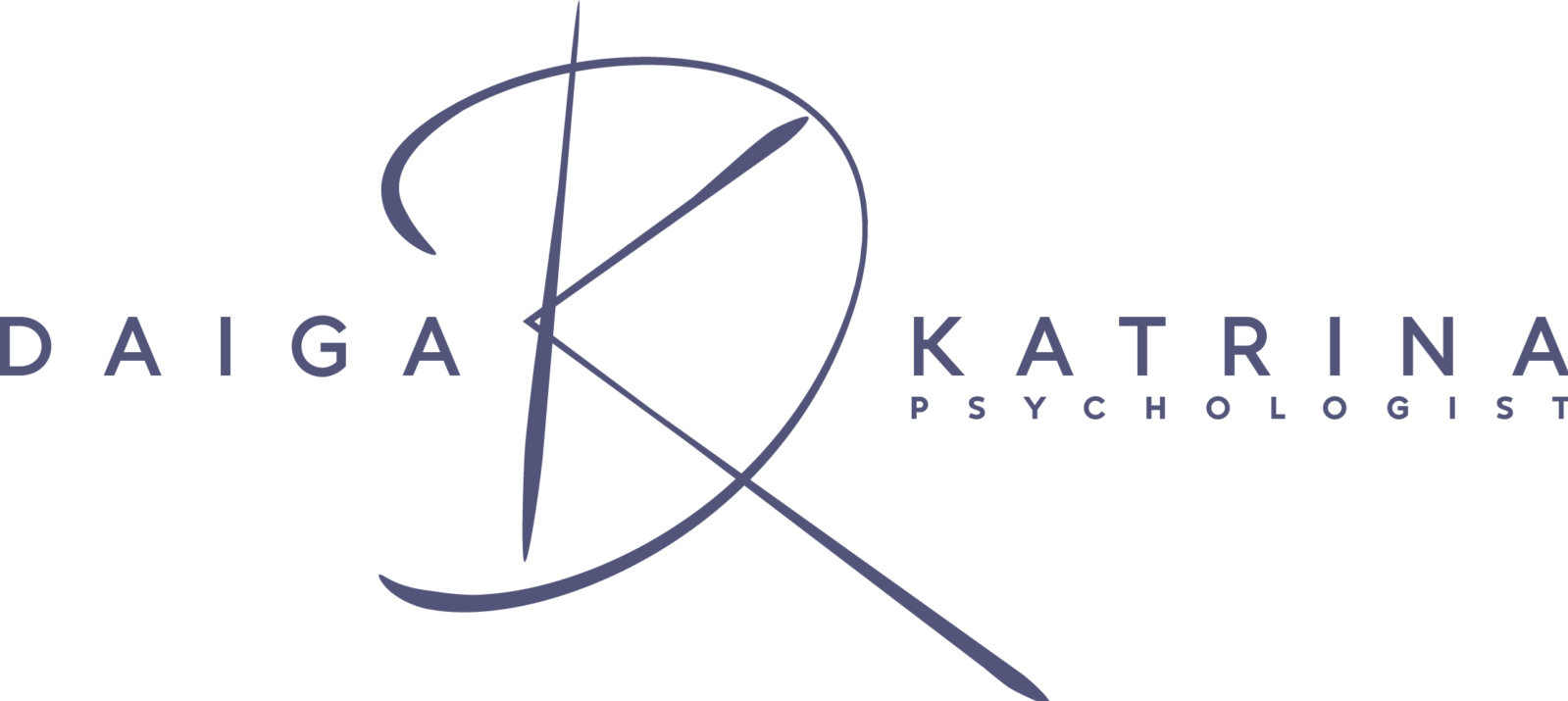For a deeper sense of self, meaningful relationships and a psychologically healthy and soulful spirituality.
-
Visit Our Place
91-6 Čaka Street, Riga
-
Tr. - Ce. 9:00 - 18:00
- Request a visit
A simple technique for working on yourself that can make a significant contribution to improving your relationships with your peers, and which can be done without financial or time investment, is to observe your speech and language. It could perhaps even be compared to a kind of mindfulness practice. I myself have been actively "exercising" for a few years, and it has opened up a new way of understanding words. It is true that I do not have a how-to book, and I have no references to point to studies showing the effectiveness of this self-devised technique. However, I can share my experience. That is what this article is about.
What is the use of this technique? Firstly, it invites us to be "here and now", because we use language in the "here and now" moment, and actively observing our speech triggers our inner observer. Secondly, it is an active training for the brain. Thinking about how some words can be turned off and others can be turned on, and doing this while being online in the here-and-now moment and still having a conversation partner, starts a whole ping in the head.
It's harder at first because you have to actively search for new words and forms of expression, but with time your neural pathways adapt and it becomes easier. Thirdly, this training helps to cleanse the language of jargon, barbarisms, vulgarisms, simple words and other obscenities and, ultimately, encourages us to stop talking unnecessarily. Fourthly, the language as a whole starts to sound lighter, more fluid, more intelligent, softer, more empathetic... I personally felt that it was getting a higher vibration. By the way, it was the introduction of the tricks below into the written text that helped me gain the trust of many clients in my marketing activities.
For a simple start
A good start is to exclude words beginning with "yes-" and "no-" from your speech! Why? Words beginning with "yes-" have a connotation of duty and obligation (must do, go, run, study, talk) and give the impression that something has to be done under duress. In turn, the feeling of being forced often leads to an emotional backlash. It is therefore preferable to replace these words with others that are less categorical, less demanding, less imposing.
But the human subconscious has no idea what the prefix "ne-" is - only the base word is perceived anyway. If a person is told "just please don't think of little kittens right now", what does the mind do? It thinks of little kittens.
In addition, the form of denial is not positive in itself - its use often encourages opposition, resistance and struggle. Often, instead of expressing an idea in a denial, it can be more helpful to speak to the interlocutor in affirmative sentences. For example, for teachers: replace "that is not right" with "this is right" or "this would be more correct". I will note here that this requires the person to articulate what is actually correct (double training).
Word analysis
It gets even more interesting when you start to analyse the content of the words. For example, two words that are often used in speech to express the same thought are "remember" and "remember". The word "remember" is in the negation form, with the word "die" at its root, while the word "remember" is in the accusative form and includes the word "hope". Here, then, is food for thought: what "codes" do we transmit to each other through words?
Replacing aggressive words
Even just listening to the sound of the words reveals a lot about them. For example, "hate", "disgust", "dread", "gloom", "suffering". What energy do they carry? What do they sound like? I think they are already vibrating on a note that we want to avoid. They are countered by the words 'peace', 'joy', 'happiness', 'love', 'hope'. They sound much softer, more fluid, lighter. The words "need" and "want" sound demanding and create tension to satisfy a need, while "need" and "want" express feelings and encourage helping.
Personally, I tried for some time to exclude aggressive words from my speech altogether. This allowed me to record how often I use them - to recognise how often I need to demand something, how often aggression, anger, depression and other grumpy qualities manifest themselves in me. For a while it was valuable, but after a while I realised that every word has its place in language, and all of them are usable. It is up to us to choose when to do it and when to leave it for another time. Example in the next paragraph.
Use of Lamu words
On this topic, let each person meditate for himself, but if asked, I would say that I personally have no objection to the use of swear words if they are used constructively, in the right place and at the right time. I agree that swearing is not pretty, it makes others wrinkle their pretty noses in disgust, it increases low vibrations, it shows shallowness, ignorance, it's not pretty, and so on... However, there are times when one good "Shut up!" conveys the idea most accurately. Sometimes a single swear word belies a whole paragraph of evasive and mitigating speech, and conveys an emotion with exactly the power of the moment. So sometimes I do not mind. Just an opinion. Subjective. In my opinion. To each his own.
With a reference point in yourself
A good exercise, which I still do, is to align the word with myself. What is anger to me? How does anger feel in me? What do I mean by contentment, relationship, love, understanding, work, rest, acceptance, intimacy, friendship... What do each of these words imply? How much intensity do each of these words have? What is their shade? What do they mean to me, and what do they mean to my fellow human beings and society?
In searching for and finding answers to these questions, I found that everyone has a different understanding of words, and often people lack an understanding of the words they use in their speech. For this reason, I agree with the saying that 'language is a source of misunderstanding'. Although there is one language, thoughts are conveyed depending on each person's understanding of each individual word - the images and symbol systems behind them tend to be different. So I often like to ask the other person what they mean by one word or another to make sure we are talking about the same symbol system.
I still record words that I have no understanding of, and every time I find one, I give it my own personal definition. For me, it is a kind of meditation - like integrating a tiny part of the world into myself, like bringing back a lost part that helps me to become more complete. By doing it regularly, over time I noticed that I was able to have better quality discussions, arguments and engage in meaningful conversations - because I have an understanding of the words I use, I know what they mean to me and what they contain.
First person singular
People have a funny habit of saying "you" when talking about themselves. I have that habit too, and now I'm trying to get rid of it and talk about myself only in "I" form. Personally, I think it's a kind of distancing from the experience, and perhaps avoiding the feelings that are connected with the experience, transferring them to the other, to make it easier, to make it sound less personal. This is, of course, a guess. Talking about oneself in the first person singular may make one more vulnerable, but it certainly helps one to be more in touch with oneself, and perhaps to hear more of what one has to say.
Word and word usage
Some time ago, the project Library I interviewed the Metropolitan Archbishop of Riga of the Roman Catholic Church, Zbigniew Stankevičius, and he, although with a Christian slant, expressed exactly the thought that I had been trying to formulate in my head since I started watching the words.
"People talk a lot. Our society is full of words, but most words are empty. But if God says something, that word carries reality, it immediately becomes reality.
Our mission, our vocation, our task is to live out the image of God in which we were created. Jesus says that man will have to answer for every idle word he speaks. Therefore, to speak a word, dare I say it in all seriousness, is a great responsibility.
What is a word? It is meaningful if it conveys reality - my inner reality, my understanding of things or what I want to create, I put it into sound. But this sound, or in the case of a book it is a letter, is only an instrument - it is the carrier of this reality. Then, here is the word: it only makes sense if it carries reality. This reality can be one that creates, uplifts and carries a positive charge, and at the same time this word, we know, can kill a person with a word."
I think that says everything that I am trying to explain here at length in this article. Words have power, influence and authority. A word can be a weapon or a light, depending on how it is used. A word conveys information and energy, a word creates and destroys. So I feel that developing an awareness of words, language and their harmony with each other is an exercise worth introducing into everyday life.
Tags :
Relationships
Search
Topics
Recent publications
- Why workplace spirituality is the key to organisational flourishing

- How to find the meaning of life?

- Common misconceptions about what contributes to a sense of meaning in life

- Why is a clear identity and sense of self a prerequisite for a psychologically healthy spirituality?

- What does it mean to become an adult? - The five levels of consciousness described by Robert Kegan

The content of this website may only be quoted, reproduced, republished and otherwise distributed in accordance with applicable copyright laws. For commercial use of the content, please contact and obtain permission.








